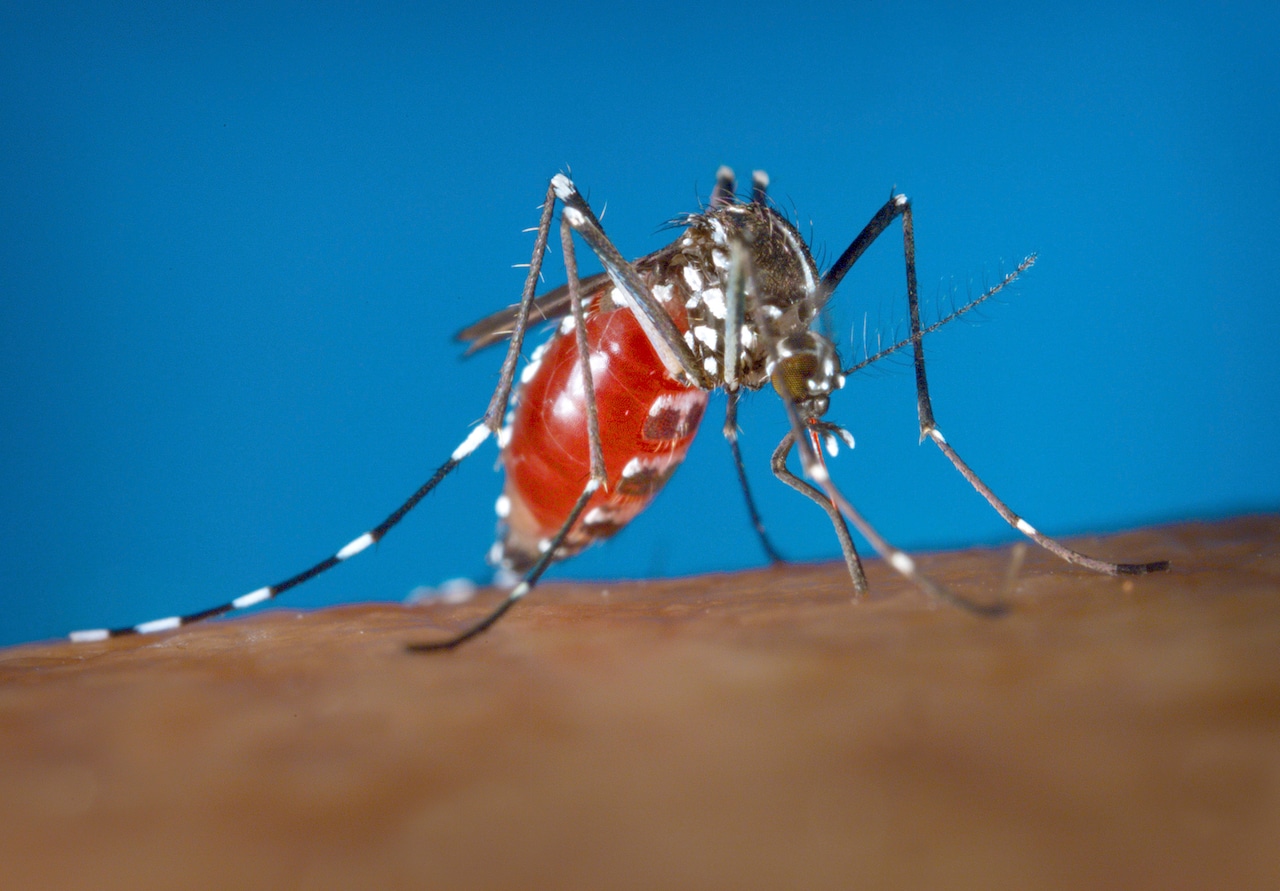
Eastern equine encephalitis, or EEE, has been detected in mosquitoes in Carver, the Massachusetts Department of Public Health announced.
This marks the first time that EEE has been found in Massachusetts in 2024, the department said in a statement on Wednesday. Its detection increases the risk level of EEE to moderate in the communities of Carver, Kingston, Middleborough, Plymouth, Plympton and Wareham.
EEE was found in mosquito samples collected on June 30. No human or animal cases of EEE have been detected yet this year, the department added.
The rare virus can be serious and potentially fatal, the department continued. In 2019, there were 12 human cases and six deaths in Massachusetts. This dropped the next year with five human cases and one death. Over the next three years, no human cases were reported.
“Today’s finding alerts us to the presence of EEE in Massachusetts this year,” Public Health Commissioner Robbie Goldstein said in the statement. “Combined with yesterday’s announcement of West Nile virus in mosquitoes in Massachusetts, we are asking everyone to take the necessary precautions to prevent mosquito bites.”
To avoid being bitten and avoid the risk of an EEE diagnosis, the department said people should wear an EPA-registered insect repellent when outside. This includes DEET, permethrin, picaridin, oil of lemon eucalyptus.
“DEET products should not be used on infants under two months of age and should be used in concentrations of 30 percent or less on older children,” the statement read. “Oil of lemon eucalyptus should not be used on children under three years of age.”
The department also recommends avoiding being outside during peak mosquito hours, between dusk and dawn. Keep the insects outside by using screens on all windows and doors, and drain any standing water outside where mosquitoes can lay their eggs.
“Check rain gutters and drains,” the statement read. “Empty any unused flowerpots and wading pools and change the water in birdbaths frequently.”






